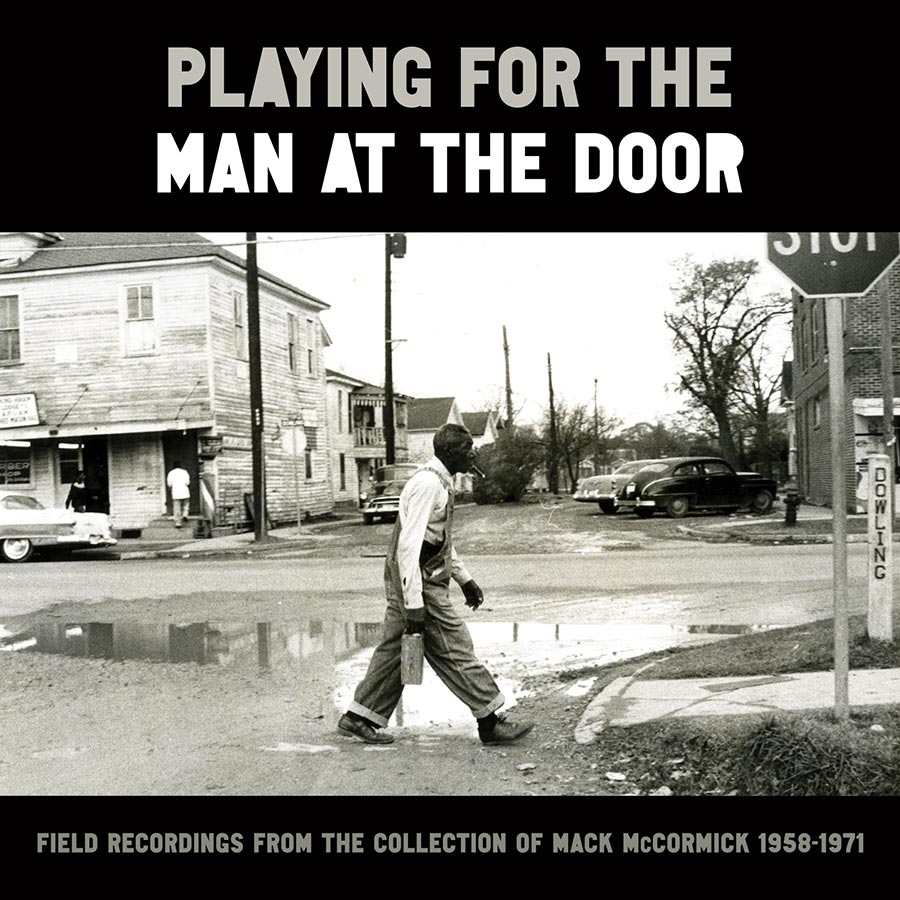DETROW: A whole new world that's now accessible to everyone - well, a sampling of it, at least - on a new box set from Smithsonian Folkways called Playing For The Man At The Door: Field Recordings From The Collection Of Mac McCormick, 1958-1971." Flemons wrote an essay for the album, and John Troutman of the Smithsonian's National Museum of American History helped produce it. I asked Troutman how Mack McCormick was able to find and record all of these incredible artists.
JOHN TROUTMAN: You know, Mack documented everything. And his archive, The Monster, as Dom referred to it, because everyone did, especially Mack, is filled with thousands of pages of interview notes and comments to himself about his process and his collecting. And often, in some cases, when he was officially working as a census taker or as a cab driver, would just begin to knock on doors. And this was a really remarkable and challenging interaction because he was visiting these segregated neighborhoods and people in these neighborhoods. And that interaction is filled with power dynamics. And in the 1960s, you know, at the height of the tensions around that period of the civil rights movement, for a white stranger to knock on Black folks' doors was a moment that could be filled with a great deal of tension.
DETROW: And not just a white stranger, sometimes in his role as a census taker, a white stranger in the role of of a federal official, somebody with some power.
TROUTMAN: Exactly. And so it really created a circumstance where he was creating a vulnerability, essentially, by knocking on their doors in an official capacity, to your point. And then the folks who were answering the doors had to make decisions, you know. And at this time in particular, they did not have the backing of law enforcement when strangers were coming around. And they needed to be vigilant. And in many cases, people came up with with excuses to - just to get rid of this guy as quickly as they could. And he talks about - he writes about that in his notes.
But he also really recognized exactly this dynamic. I mean, he understood it. He often spoke of his repulsion for these Jim Crow protocols that were mapping out the landscape of what he called greater Texas, Texas and Louisiana and Arkansas, where he was primarily working at this time, and also had a great deal of respect during this period for these musicians. He knew of them and knew as much about them as he could before he knocked on their doors. And in many cases, folks gave him a chance and let him in.
